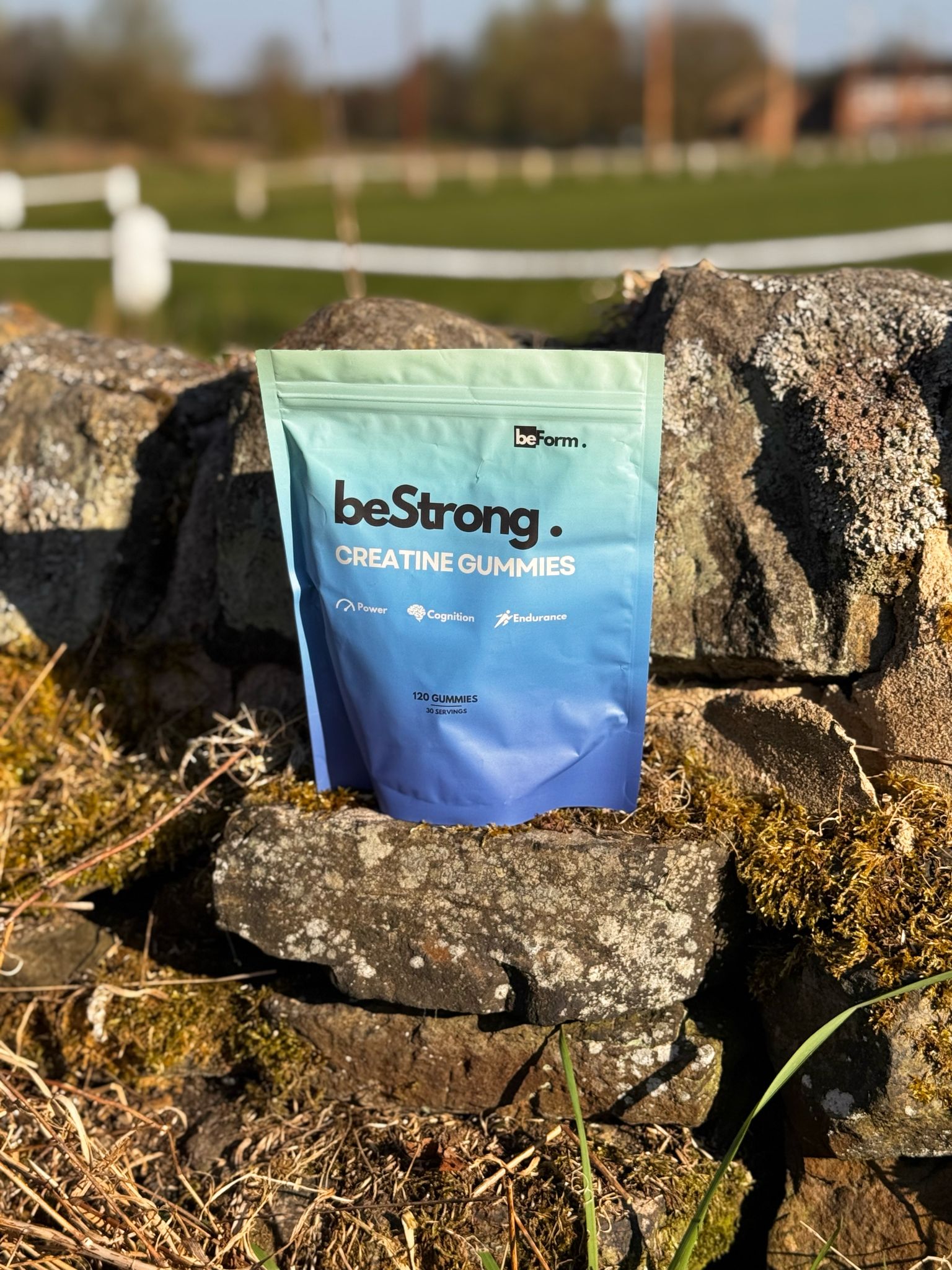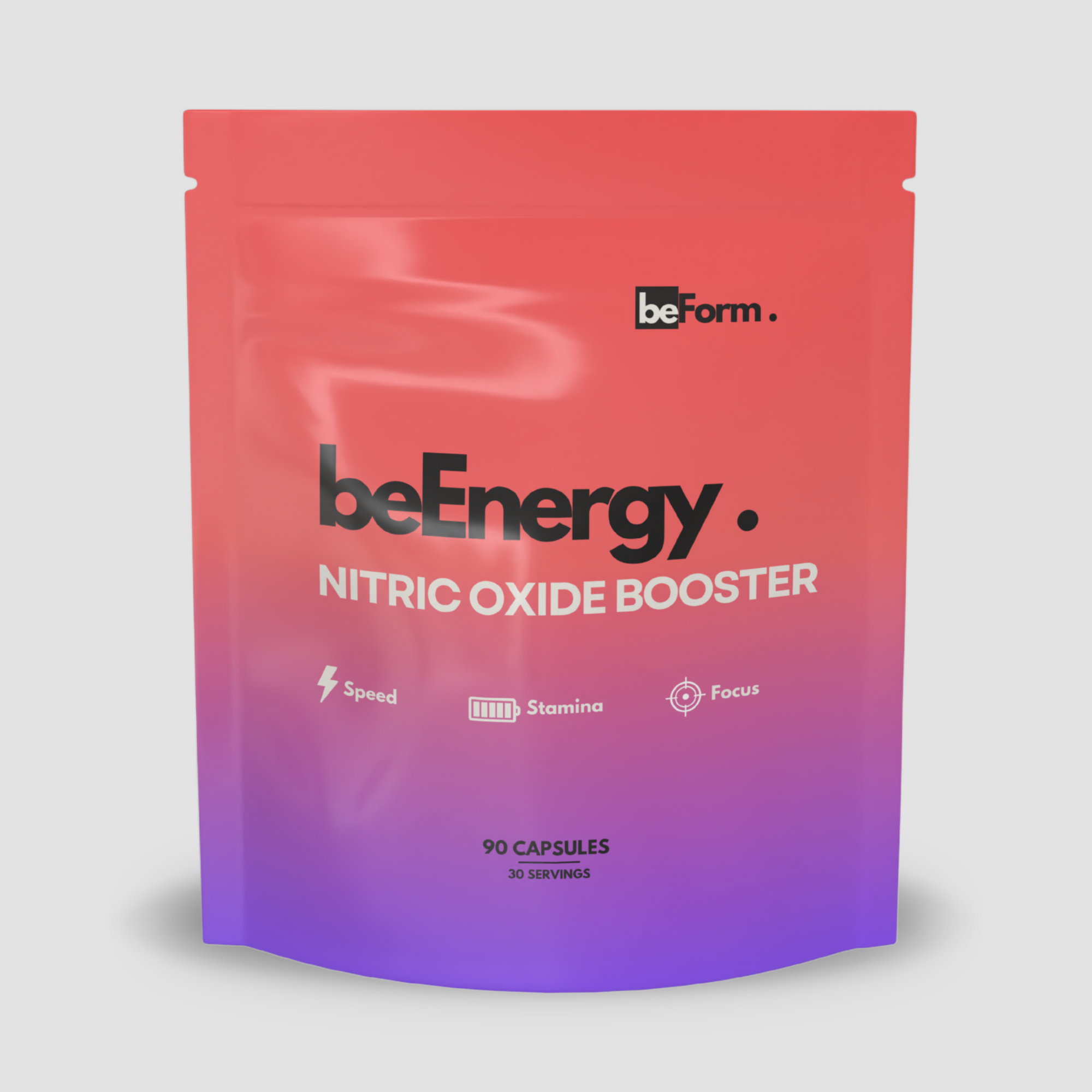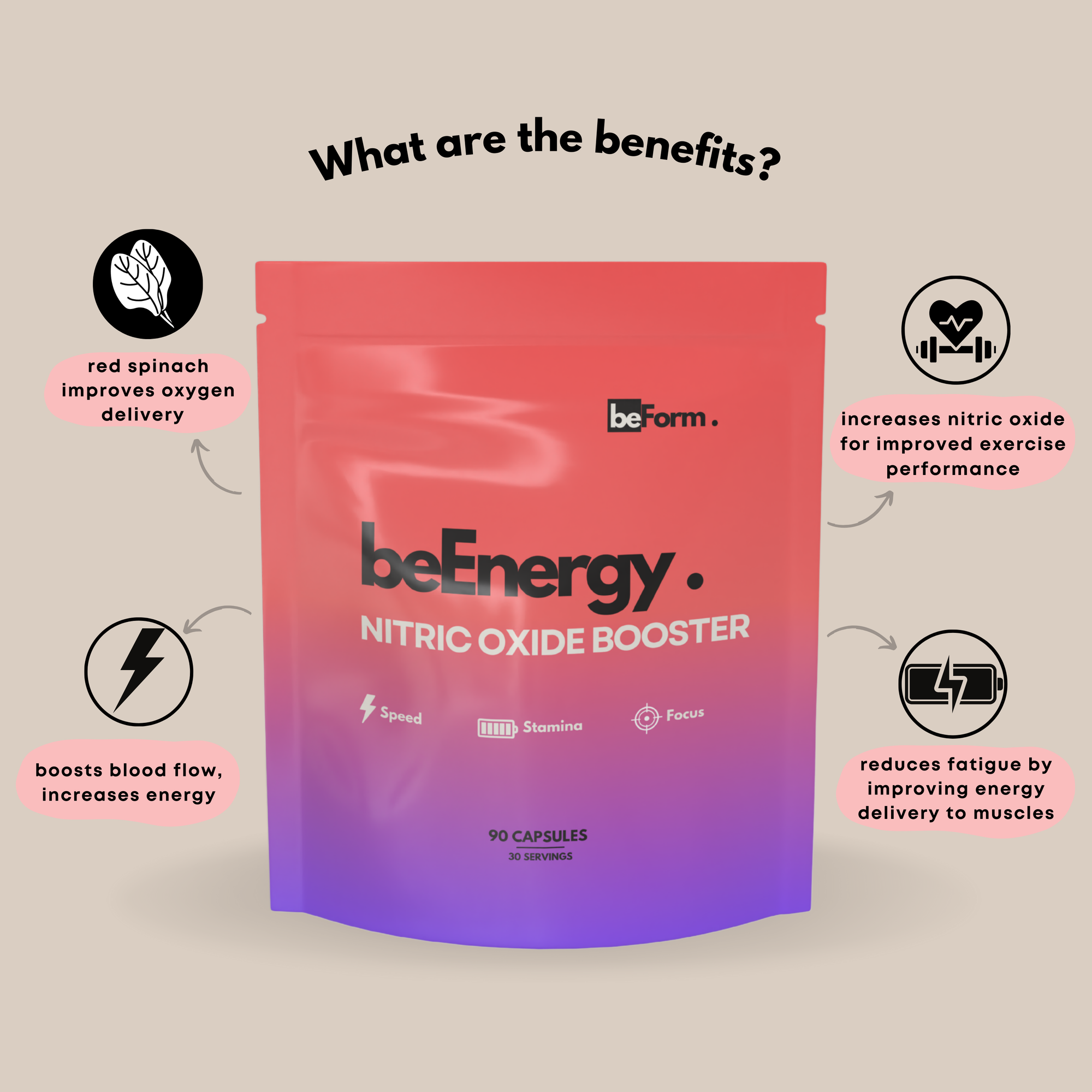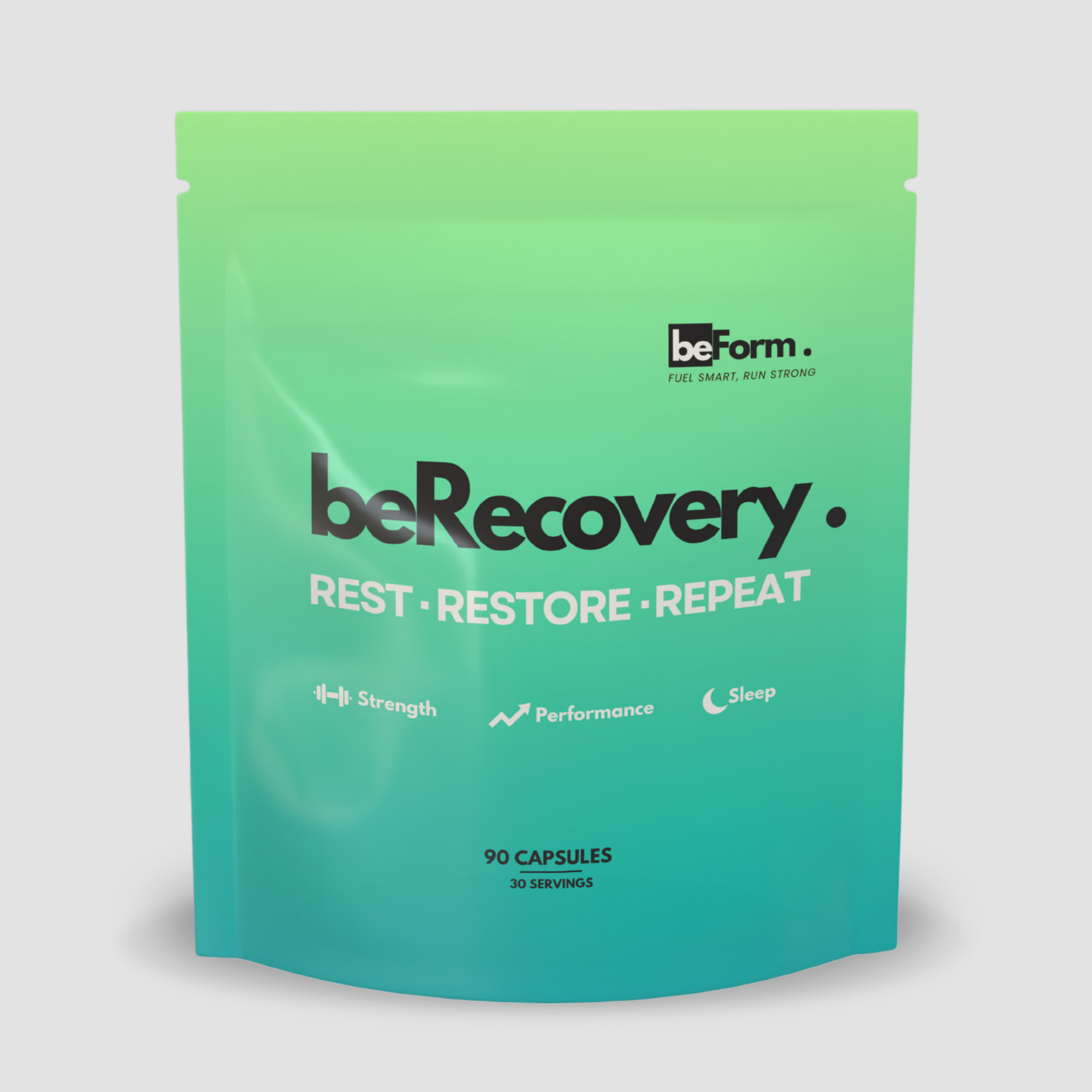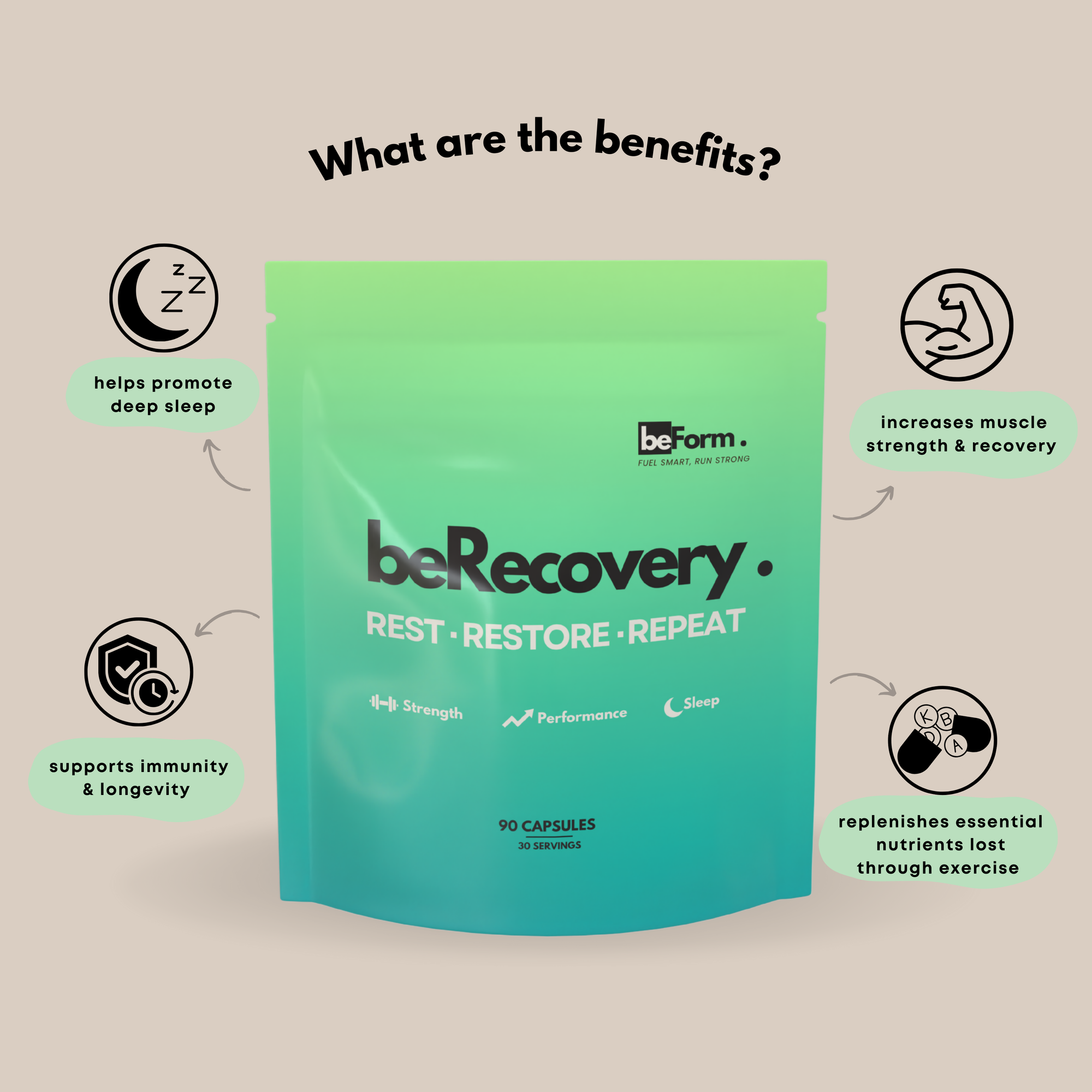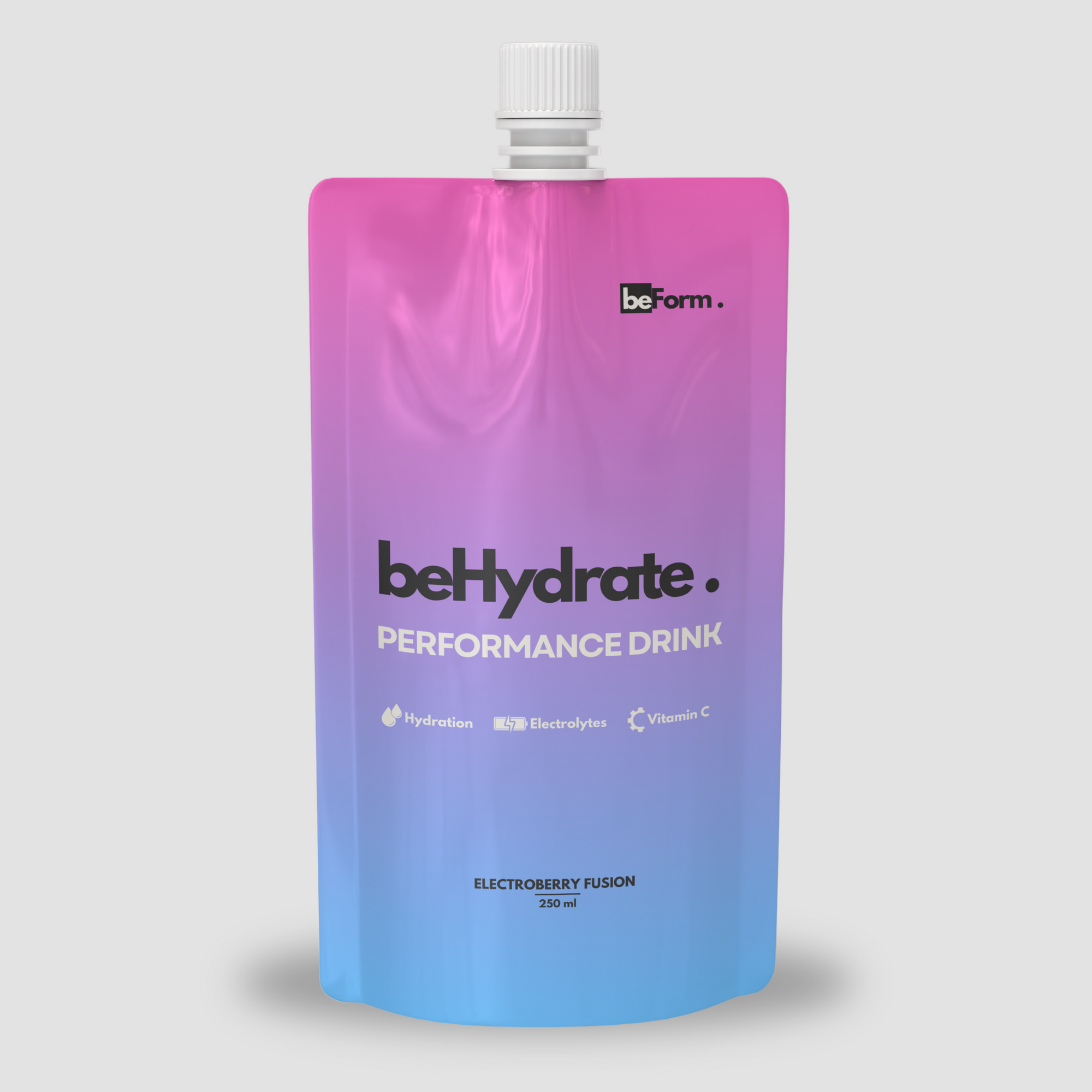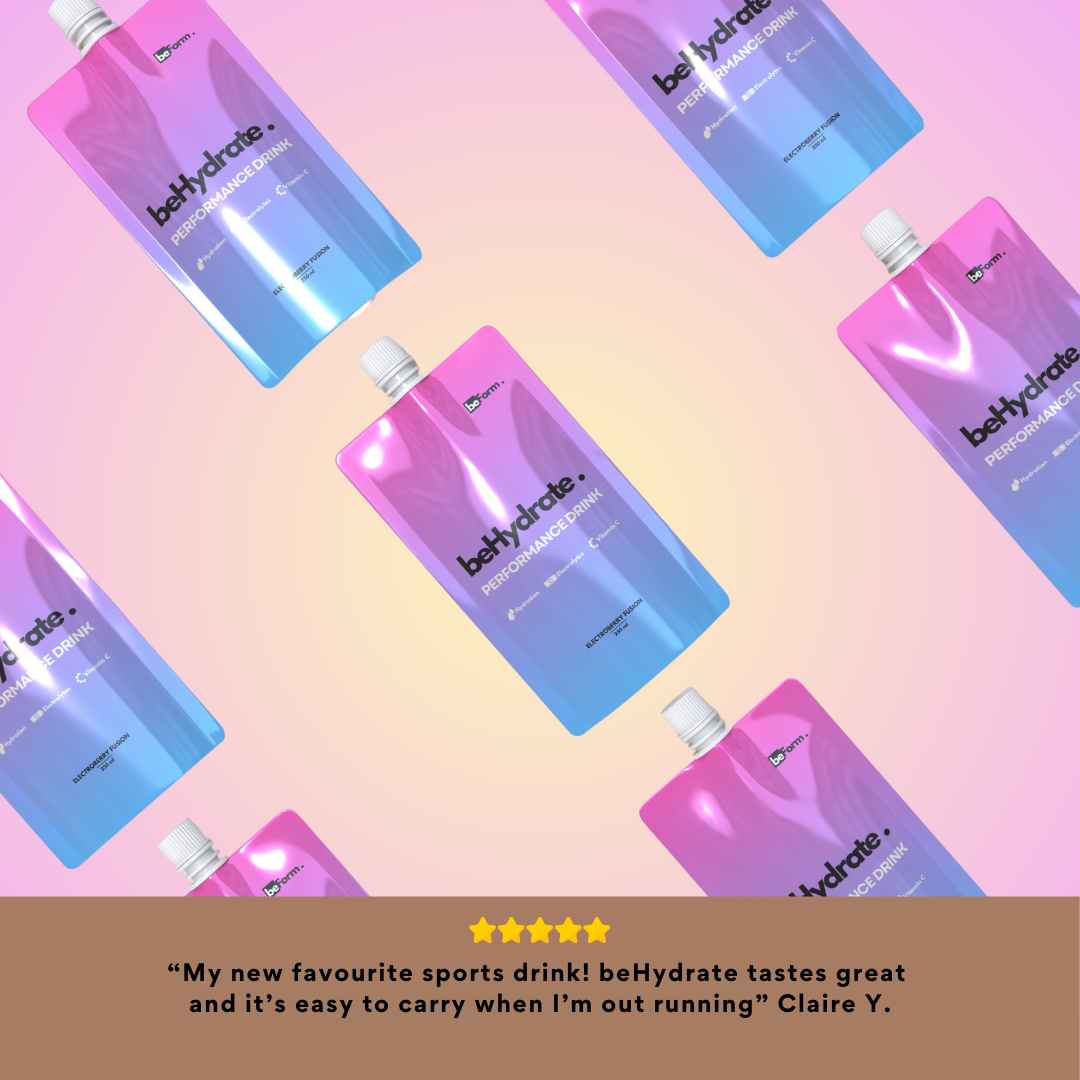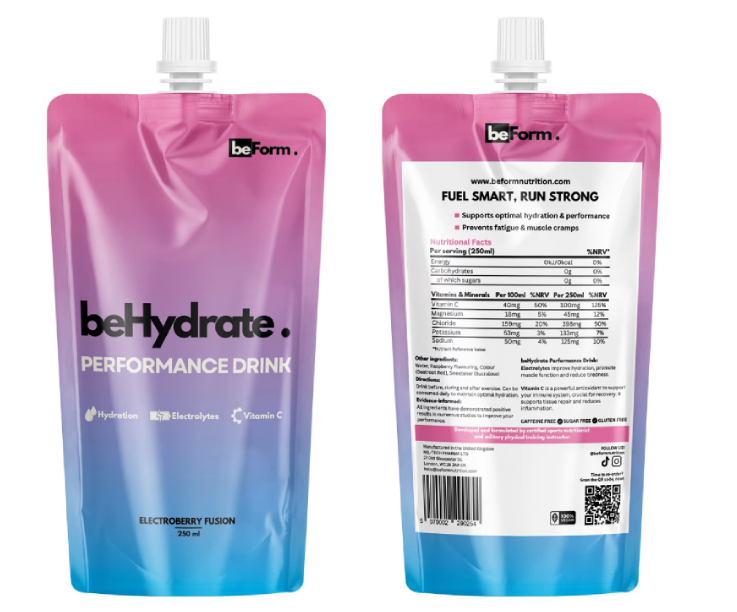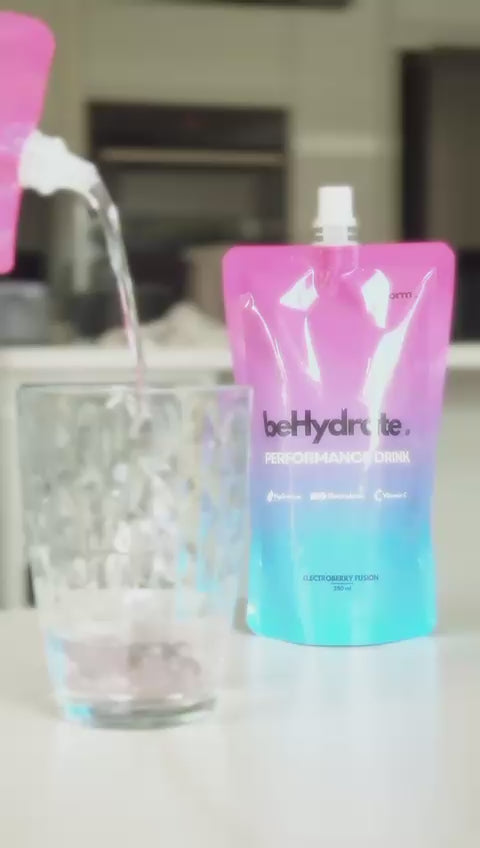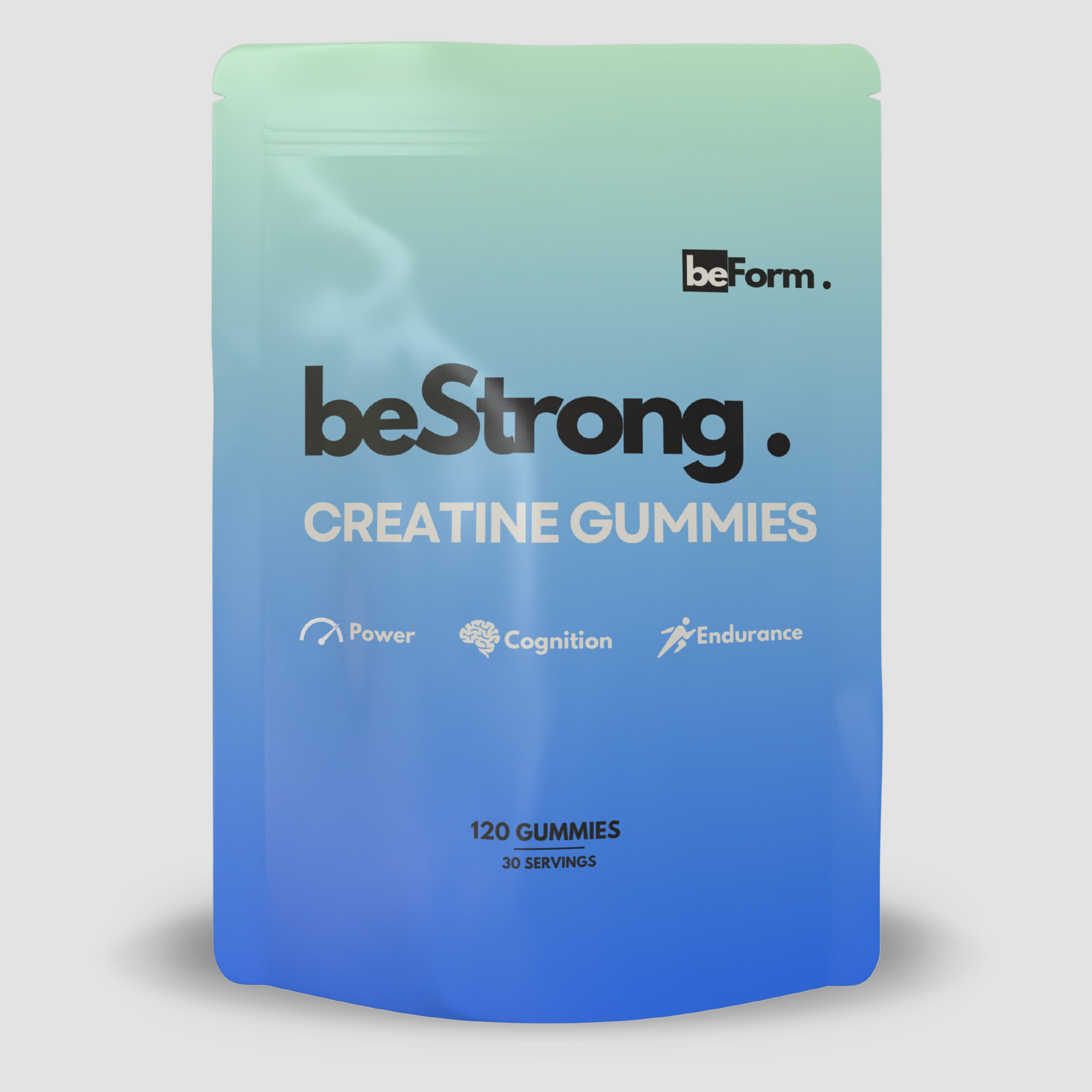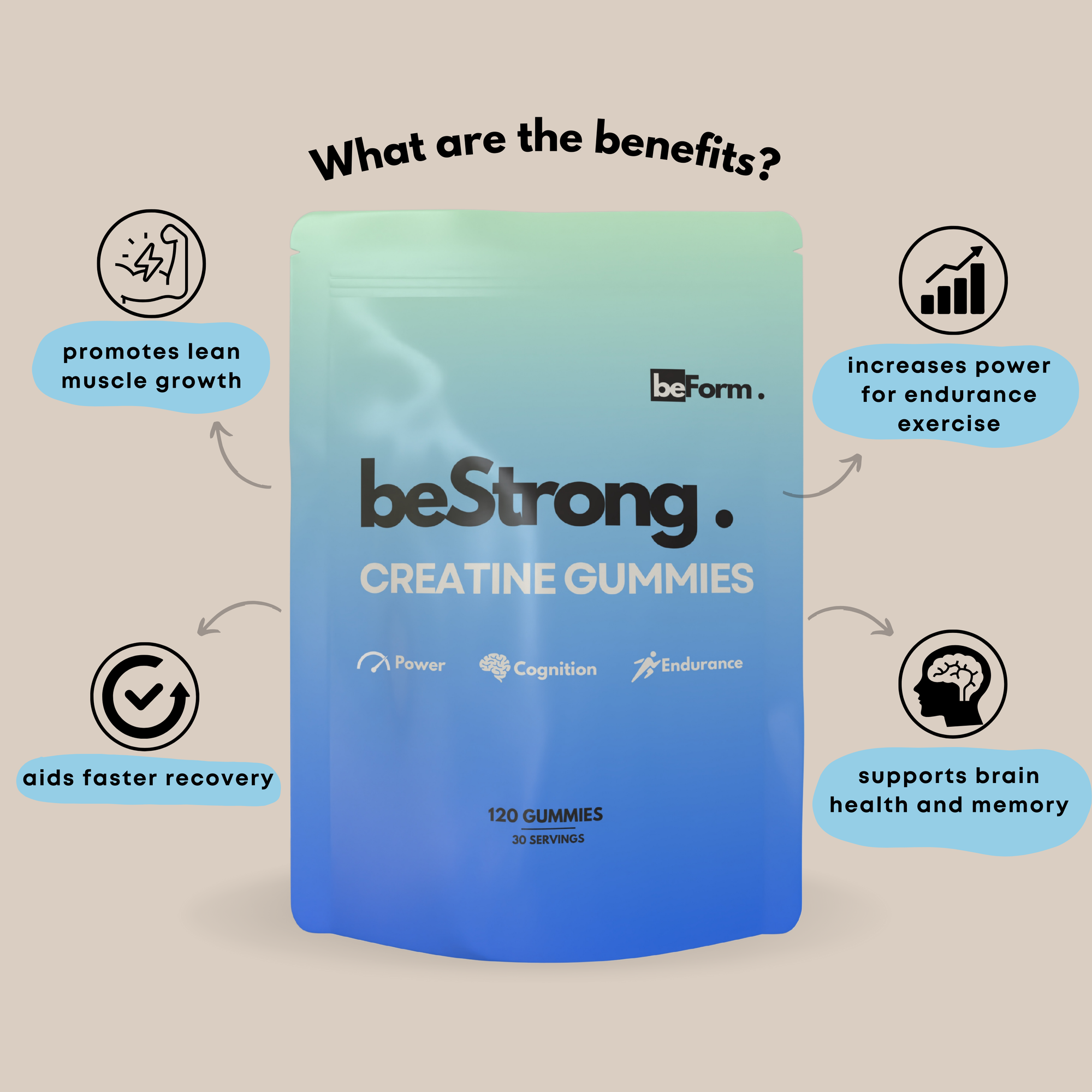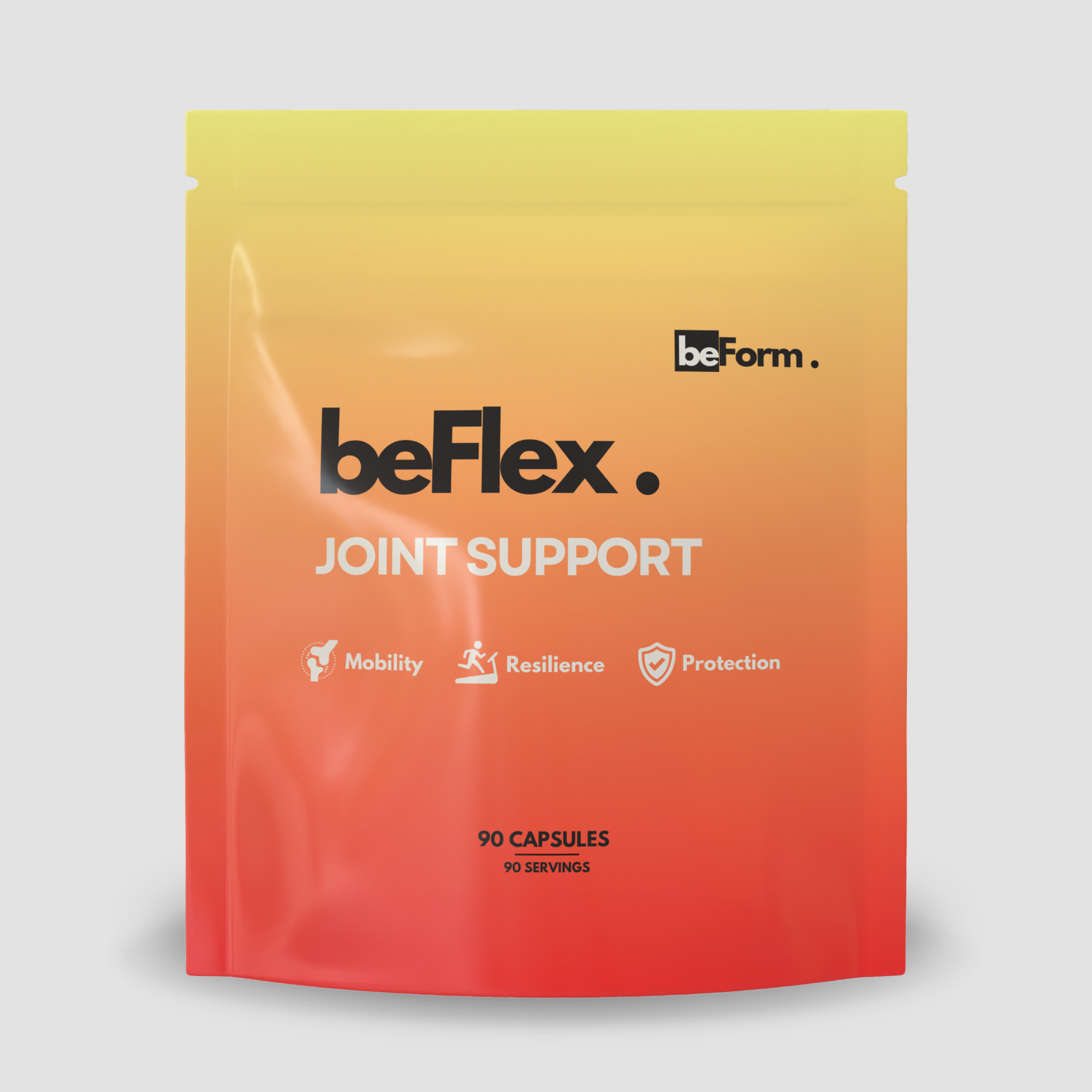Quick Summary
- Creatine monohydrate is a popular supplement known for enhancing athletic performance and muscle growth, but its connection to hair loss remains unclear. - While some studies suggest creatine may influence hormone levels linked to hair loss, more research is needed to establish a definitive relationship.
Understanding Creatine Monohydrate
Creatine monohydrate, commonly found in muscle cells, plays an integral part in producing Adenosine Triphosphate (ATP), the body's primary source of energy currency.
Chemically speaking, creatine comprises three amino acids: arginine, glycine, and methionine; although your body can naturally synthesise this compound, it can also be obtained through diet from sources like red meat and fish.
Creatine monohydrate has long been touted as one of the most effective sports nutrition supplements to boost athletic performance.
When supplemented, creatine increases phosphocreatine stores in muscles, helping regenerate ATP during high-intensity activities such as weightlifting or sprinting and thus enabling athletes to train harder while recovering quicker between bouts of intense exercise.
Creatine supplementation has long been touted for its benefits in athletic and bodybuilding communities, specifically among athletes and bodybuilders.
Randomised controlled trials have demonstrated their ability to increase muscle mass, strength, anaerobic performance, recovery post-exercise time reductions, reduce muscle cell damage, and even support brain health, showing their versatility within an athlete's routine.
Common forms of creatine supplements include creatine monohydrate, creatine ethyl ester and buffered creatine; of these three variants, creatine monohydrate has the most research support.
It should typically be consumed either as part of a loading phase (higher doses for short periods) or a maintenance regimen (lower, consistent dosage over time).
Creatine monohydrate's widespread popularity within strength training and sports circles underscores its role in optimising physical performance and energy metabolism.
Creatine and Hair Loss Connection
Researchers and athletes alike have taken note of the possible link between creatine monohydrate supplementation and hair loss, specifically male pattern baldness (androgenetic alopecia).
Their interest stems largely from anecdotal reports and theories regarding its impact on hormones like dihydrotestosterone (DHT), an offshoot of testosterone often linked with androgenetic alopecia and androgenetic alopecia - often known by these names.
Numerous studies have hinted at creatine's effect on DHT levels in the body. A 2009 study, for example, reported an increase in DHT levels among subjects who engaged in high-intensity resistance training supplemented with creatine.
Some have speculated that this influence might contribute to hair loss in predisposed individuals. However, it's essential to remember that this study did not directly connect creatine supplementation with any particular outcome and leaves much room for interpretation.
As far as empirical research is concerned, a comprehensive exploration of the relationship between creatine and hair loss remains limited.
While anecdotal claims abound, scientific inquiry has failed to substantiate them conclusively.
Separate studies have also indicated that genetic factors play a significant role when it comes to DHT's effect on hair loss.
Furthermore, not all individuals respond similarly when taking creatine; instead, reactions vary significantly based on both predisposition and environmental factors.
While there may be plausible theories linking creatine, DHT and hair loss, further in-depth and rigorous research is necessary in order to reach definitive conclusions.
As such, individuals considering creatine supplementation should first assess their personal risk factors for hair loss.
Expert Advice and Scientific Studies
Recent years have witnessed increased discussion regarding creatine monohydrate and its potential link to hair loss, leading to numerous discussions from experts and dermatologists.
Dermatologists have observed that while creatine may provide several athletic performance and muscle growth benefits, its connection with hair health remains less clear.
At present, the available research does not demonstrate an obvious causal connection between creatine supplementation and any form of hair thinning, such as Alopecia or other forms.
The Journal of the International Society of Sports Nutrition comments:
"In summary, the current body of evidence does not indicate that creatine supplementation increases total testosterone, free testosterone, DHT or causes hair loss/baldness."
One key study often referenced in this discussion examined the effects of creatine supplementation on testosterone levels, which can influence hair loss among susceptible individuals.
However, it is the work of one main body of research published by van der Merwe et al that has created the speculation and discussion around creatine and baldness.
Published in 2009, this research concluded that subjects using creatine experienced an increase in dihydrotestosterone (DHT), an androgenetic alopecia-linked hormone.
However, the sample size in this research study was too small to draw any conclusive results that can be applied across diverse populations.
Multiple experts have stressed the importance of understanding individual predispositions to hair loss, which may be caused by genetics, diet and lifestyle factors.
While creatine monohydrate users have reported density or texture changes in their hair, comprehensive clinical data must also be considered when considering any reports about changes related to creatine supplementation.
In summary, while creatine may affect hormonal levels that could impact hair follicles, further research needs to be completed on this matter.
Most would agree that current evidence does not definitively link creatine monohydrate to hair loss; results can differ based on genetic predisposition and overall health status.
Conclusion and Practical Implications of Research Results
At this investigation into the relationship between creatine monohydrate supplementation and hair loss, several key findings have emerged.
While anecdotal reports link creatine use to increased hair shedding, scientific evidence is scarce and inconclusive.
Primary research shows that creatine doesn't directly cause hair loss but instead may influence dihydrotestosterone (DHT), which has been associated with androgenetic alopecia.
Furthermore, most studies focus more on its impact on athletic performance or muscle gains rather than on the hair health effects of creatine supplementation than on its effect on hair health outcomes.
Creatine has long been recognised for improving physical performance during high-intensity exercises; those looking to enhance fitness levels may find creatine beneficial.
To use creatine safely and effectively, it is advisable to adhere to recommended dosages of 3 to 5 grams a day.
Please share any insight or advice on our Facebook page so we can all work together and overcome this obstacle and enjoy running to its fullest.


